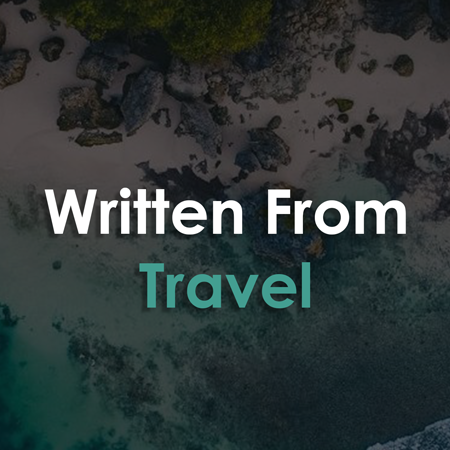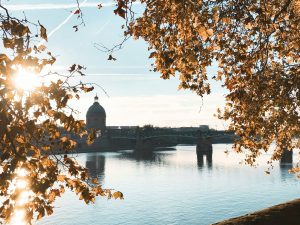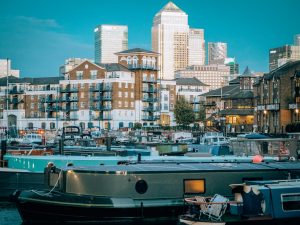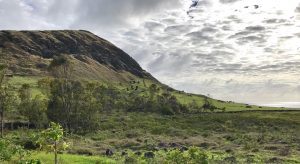Written From… Madrid, Spain
Written From Travel is talking to fellow travel bloggers and Written From Travel Contributors to get their opinions on travel, and divulge their personal tips for those looking to book a plane ticket. This week we want to introduce you Travel Blogger, Gabrielle Soria.
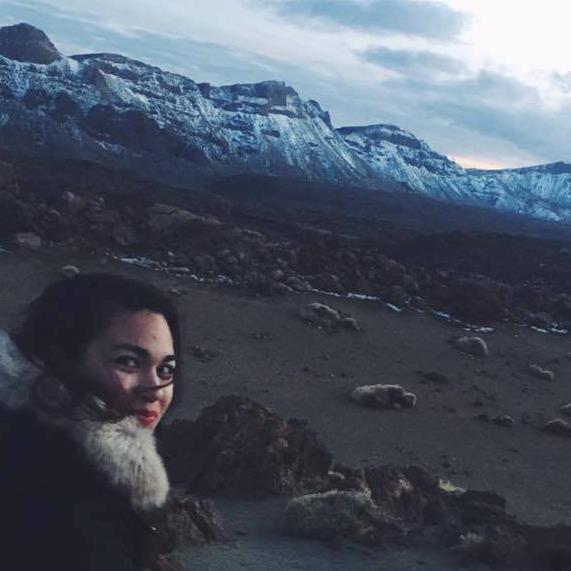
Moving out
1. You’re a US expat and you’ve been on the move since 17. A lot of your travels are rooted in a type of transience that many people may never experience. What kind of effect does this have on your experiences/relationships and what has that taught you about yourself?
I didn’t travel a whole lot growing up—my parents would take us on road trips and camping trips, but I didn’t really go abroad until I was 17. That was also the year I moved out, went to college, and started what’s become a whirlwind of moves, exploration, and discoveries over the last 10+ years.
It was really empowering to make a big move on my own as sort of the official first step into adulthood, and I think the momentum of that empowerment is what kept me moving further and further into the world. A lot of adults I meet say things like, “I couldn’t travel alone,” or “I could never live in a new country”—these types of moves definitely push you outside of your comfort zone.
They require (and/or initiate) confidence, courage, a willingness to look stupid, and a deep curiosity about culture, people, history, and place. And they prompt a deep level of self-awareness and reflection.
The more I travel, the more I realize how much I don’t know, the more I yearn to understand, and the smaller I feel. I’m grateful for that constant humbling.
All that said, I’d be lying if I said it was easy: living so far from family and friends definitely takes a toll, and while it might look slick and glossy on social media, there are times when adjusting to new cultures, languages, and people is a real struggle. You really have to take the time to invest in your new life, while simultaneously re-investing your old life.
Having a strong support network at home has always been a key factor in my decisions to move away: I know that there is always something to fall back on if I need or want to. But you do have to actively maintain those relationships, the same way you have to actively establish new ones.
I sometimes wonder if I am a rootless person, or if, in fact, it’s because I have deep roots in one place that I can grow so far from the trunk.
Panama city
2. Is there a destination or a particular culture that stands out in your mind from your past experiences? Why?
Without hesitation—a few years ago I took a boat trip from Colombia to Panama City, basically island-hopping through the San Blas islands. There’s a few companies who run this charter, but only one that has a unique partnership with the Kuna (or Guna) people who live in the islands.
The trip itself was incredible—gorgeous, untouched beaches, a small tour group, fresh food, plenty of sun. But what stood out to me more than all of that were the interactions with the Kunas. Kuna society is matriarchal, meaning that women run the politics, make the deals, and head up the families (husbands move into the wife’s family home and take their name).
It was the first time I’d ever been immersed in such a community—and while the proud, powerful women in their traditional dress almost took your breath away, it was seeing the girls that made the biggest impact on me.
Little women brimming with confidence, striding down the street without a fear in the world, full of strength and promise. That’s not something you see so often in the Western world, and it both empowered me and made me sad in the same moment.
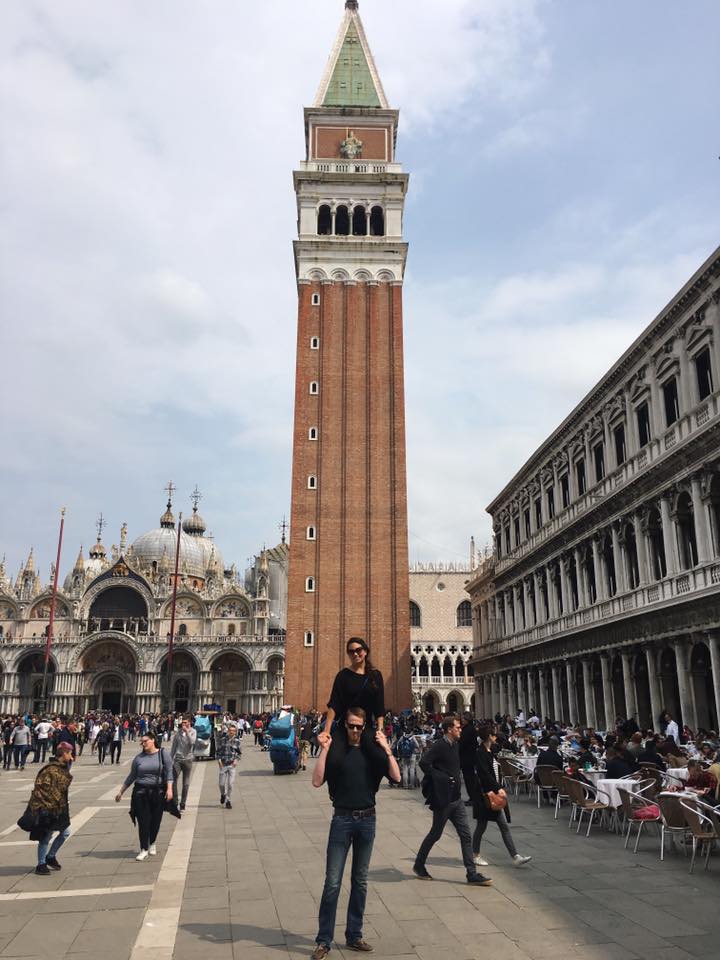
30 before 30
3. You have a goal of visiting 30 countries before 30. Where did the idea come from? You’re at 29 [countries]. Are you planning somewhere special for the 30th? And once you’ve achieved that, any ideas for what’s next?
I filled up my first passport when I turned 25, and was kind of high on what that meant. So when I thought of the next big age milestone, I figured 30 by 30 sounded nice and round.
For my 30th country, my plan was to go somewhere really challenging—really shove myself out of my comfort zone—and also treat myself to a place I’ve always longed to go: Egypt.
Unfortunately, the poetry of that took a hit when a work trip forced us to reschedule another vacation, so now my 30th country will be Jamaica. That’s life!
But Egypt will still be on my birthday, and I hope it will be a nice way to kick off a new decade of travel. I want to really get into slow travel, go back to places I visited before and dive deeper, and head to more unknown, dis-comfort zone type places. I like the idea of ticking off the wonders of the world (old, new, ancient, modern). Maybe that will be the goal for 40. 🙂
Travel philosophy
4. What is your travel philosophy? How would you describe your approach to interacting with new places and cultures?
I danced Hawaiian hula with a halau in Berkeley for many years, starting from when I was 12. With hula, you learn to have a deep respect for the world, and this has deeply influenced the way I travel. Respect for the land and environment, respect for that place’s history, respect for the animals and nature, respect for the people who live there and call that place home.
Whenever I’m planning a trip, I start with a cultural deep dive—my favorite resource is a book series called, Culture Smart!. They have chapters about the place’s history, notes on cultural behaviors, what is found offensive and what not, and explanations for customs and traditions—it helps get oriented with the place before I get there.
Once I start really planning, I prefer to structure my visit more like a homestay than a grand tour—staying at an Airbnb or locally-owned hotel, rather than a big conglomerate, choosing activities that have a low impact on the environment and people, and trying to be as non-touristy as possible.
I love learning languages, so I always try to pick up at least the please and thank you of my destination. I’ve found that these steps help me connect more with the places I go, and unlock stories from locals who might be jaded by the hordes of visitors who pour into their cities every year.
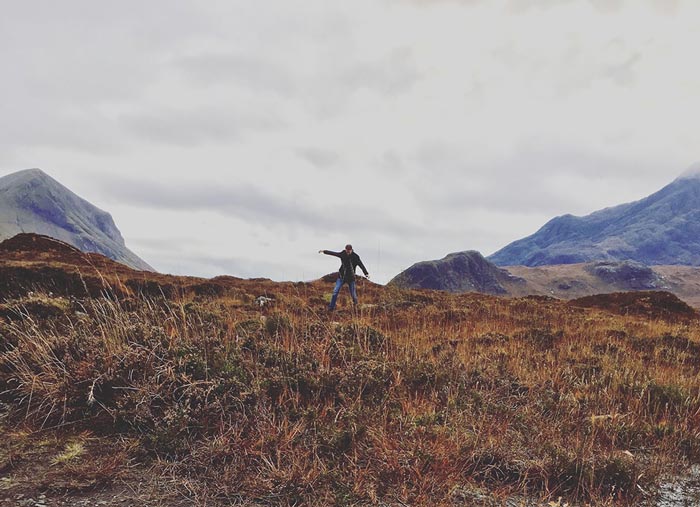
Saving money for travel
5. How do you organise and finance your travels around your full-time commitments?
A lot of people tend to assume I come from a wealthy background or have a high-paying job that funds all of my travel. In truth, I’m one of those Americans who graduated university with a ton of dreams and a ton of debt—over $100,000 worth.
Getting to travel the way I have has required a firm grip on my financials; working constantly, even when staying abroad for long periods of time; and sacrificing things that aren’t a priority. When my peers were upgrading their cars, apartments, and furniture, I was living cheaply and banking money to go on trips.
It all comes down to the choices you make—I remember distinctly a conversation with a guy who’d just bought a huge screen television, telling me he’d rather have that and see the world when he retired. Me, I prefer not to wait. 😉
Now that I’m a little more established, finding the funding isn’t as big a challenge as finding the time. My partner and I work in two demanding industries, and I’m really grateful that he and I are both in agreement that travel takes priority when we do have time and money.
It’s a beautiful thing, to experience the world with someone you love.
If you want to read Gabrielles Articles you can find them on our website. Or follow her on Instagram, keep up to date with her on Facebook, and read her personal blog Up and Gone.
